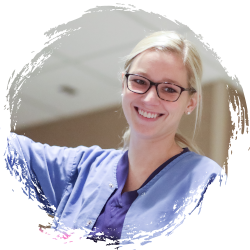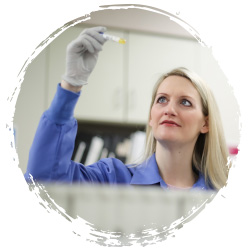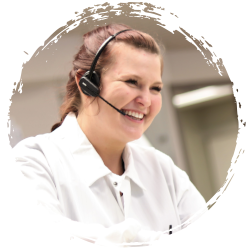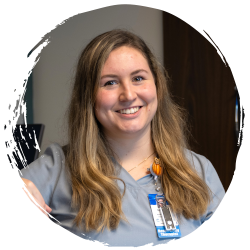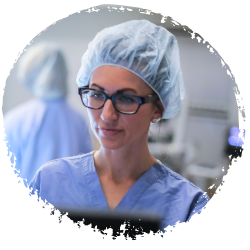Drop Section Here Which sounds interesting to you?
Which sounds interesting to you?
What's a Technical Professional?
We could easily list many of our technical roles under the clinical professional heading, but the volume of careers there seemed overwhelming. So, what we did was selected those careers that require specific technical expertise- the use of a device or machine, or series of them- to help diagnose or treat patients and put them in this technical category.
Most of these jobs require at least an associate degree.
Here’s a look at some of our most popular areas for technical support.
Find your purpose getting patients and doctors the answers they need to make decisions about care. More than 200 imaging professionals work at CentraCare and they average 8.7 years of service. Some have worked here more than 20 years, others more than 40! And some have joined our team in just the last few months.
Radiologic Technologists (Radiographers): We have general Rad Tech opportunities and type-specific roles. Some Rad Techs do it all: X-Ray, CT, MRI, Fluoroscopy, and more.
Other Rad Techs work as CT Scanning Techs, MRI Techs, CT/MRI Techs, Surgical Imaging Techs. And others work support cancer patients as Nuclear Medicine Technologists and Radiation Therapists.
Rad Techs in rural areas have a Rad Tech and Rad Tech II, depending on the number of modalities performed. We’ve got plenty of opportunity for Rad Techs at CentraCare!
Diagnostic Medical Sonographers: We know that sonographers do much more than just check fetal health (which we’re so thankful to them for). From bones, to blood, to gall bladders and thyroids (and more!), Diagnostic Medical Sonographers help get patients and doctors the answers they need to make the decisions they think are best.
Echo Tech/Cardiac Sonographer: The CentraCare Heart and Vascular Center is one of the largest and most advanced heart and vascular centers in Minnesota and was ranked 30th in the country by U.S. News & World Report in 2022. Our Echo Techs make those distinctions possible!
Our lab teams help patients, and their providers get the numbers and other information they need to make diagnoses and decisions. Our laboratory careers have four main steps, which we’ll describe below.
Phlebotomist: The perfect job for somebody without much work experience, this is the role for those entering a healthcare and/or laboratory profession. On-the-job training is available. Those who have shown an interest in a laboratory career, either through work experience or education will be the best candidates for this role. Current students and others are welcome to apply!
Laboratory Assistant: A great next step for phlebotomists, lab assistants will have demonstrable knowledge of basic chemistry tests, hematology, urinalysis, and have basic venipuncture and capillary collection skills. Current students and others with some lab experience are encouraged to apply.
Medical Laboratory Technician: Advancing to this level of the laboratory career ladder requires an associate degree, which will prepare you for testing that includes bacteriology, hematology, blood gasses, serology, and other high-level laboratory testing. MLTs collect and test lab specimens. At least a two-year degree and certification are required. All who meet these requirements are encouraged to apply.
Medical Laboratory Scientist: MLSs process specimens, perform a wide variety of tests of varying complexity, perform quality control, and often serve as a subject-matter expert for coworkers in other lab positions. This role requires a bachelor’s degree and ASCP-BOC certification. All who meet these requirements are encouraged to apply.
Find your purpose in supporting our pharmacists. Help with computer work, inventory control, stocking, sterile preparations, antibiotics, chemotherapy, and much more. You’ll serve patients of all ages, from premature infants to the elderly.
Our Respiratory Therapists are part of the lifesaving response teams that assist during patient emergencies. We offer both inpatient and outpatient services and strive to do our best for our patients. St. Cloud Hospital has a level 2 and 3 NICU and a level 2 trauma center. Rice Memorial Hospital is a level 3 trauma. Monticello has a level 4 trauma center.
There are, of course, more people necessary to treat the vast needs of our patients: Polysomnography Tech and Urology Tech are just two examples.
Surgical Technologists at CentraCare are critical to successful surgeries! Your hands are often closer to the surgeon’s than anyone else’s.
Our Surg Techs are there to prepare for a patient’s arrival and stay in the operating room to ensure their best possible outcome. You’ll prepare operating rooms for a wide range of surgeries and procedures, inventory surgical materials and tools to assure patient safety, and suit up with surgeons to help them save and improve patients’ lives.

